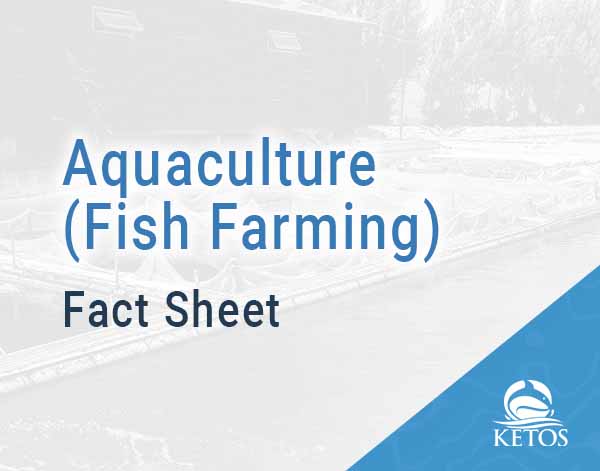
Aquaculture Fish Farming Fact Sheet
Aquaculture is growing fast, but water quality remains a challenge. This post covers key infrastructure, compliance, and how KETOS helps optimize operations.
Learn How Automated Water Sampling Saves Cities & Businesses Hundreds of Hours Each Year…

PFAS Exposure In the USA
WEBINAR: Operational Value of Water Quality Intelligence in Agriculture
Oct 23, 2024 at 11:00 AM EST

Aquaculture is growing fast, but water quality remains a challenge. This post covers key infrastructure, compliance, and how KETOS helps optimize operations.
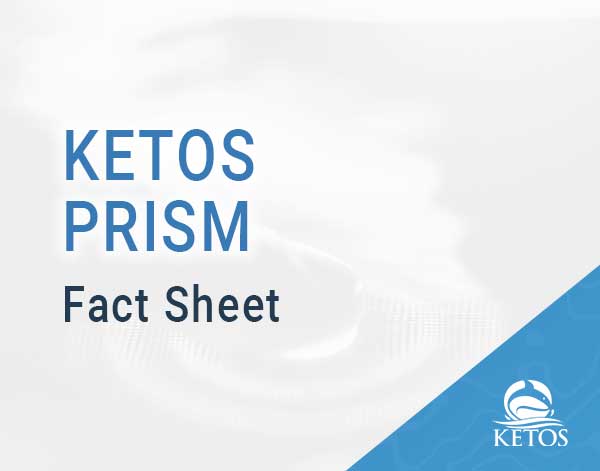
KETOS PRedictive Intelligence Service Module (PRISM) is a Comprehensive Environmental Data-as-a-Service (DaaS) offering from KETOS
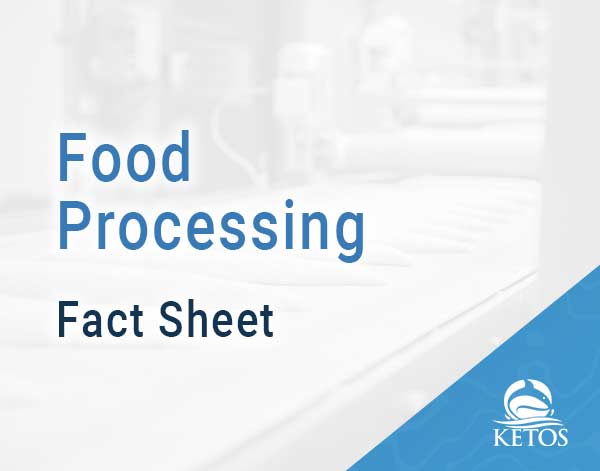
Food processing relies heavily on water as it is present in all food and is used extensively not only as a processing aid but for cleaning and disinfecting operations as well. When water is an ingredient, it can easily affect the taste and quality (including shelf life, appearance, texture, etc.). As a processing aid, it can be used to heat, cool, dilute, disperse, clean, etc. Therefore, it’s very important to understand the composition and quality at every level of the food processing process.
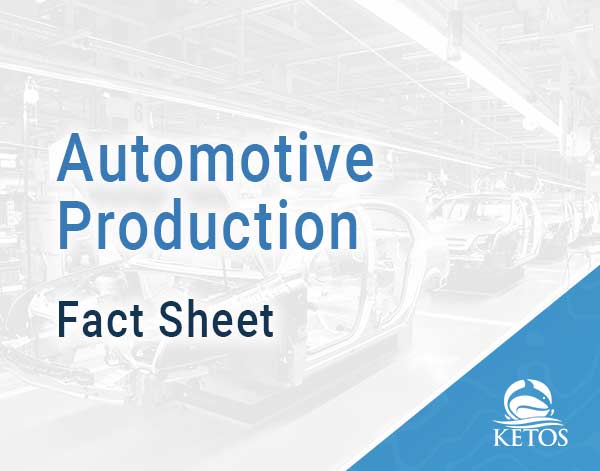
The automotive industry is heavily reliant on water to ensure operations run smoothly. Producing one car, from beginning to end, uses an estimated 40,000 gallons of water. Water is necessary for many aspects of its manufacturing, from parts to paint. Manufacturing involves using boilers and cooling towers; without the proper balance of heat and chemicals, the manufacturing process can quickly grind to a halt.
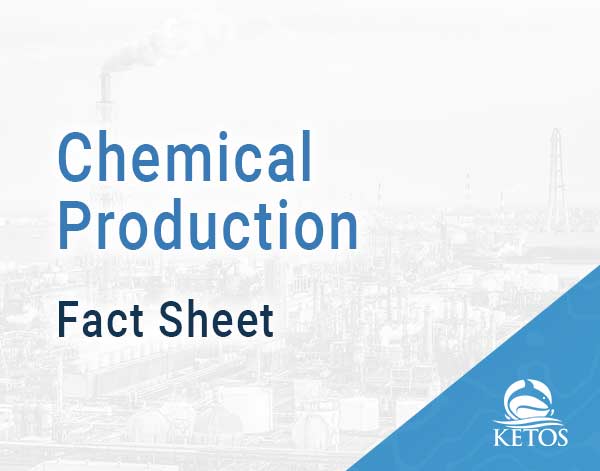
Water usage and chemical production go hand in hand. Chemical production and manufacture require water at various processes, with any effluent requiring special treatment to safely return it to the environment (or local municipal water treatment plants). With chemical manufacturing, companies must remove contaminants from the water before discharge, and many regulations are in place to help protect communities – and doing so safely requires understanding the composition of the water itself.
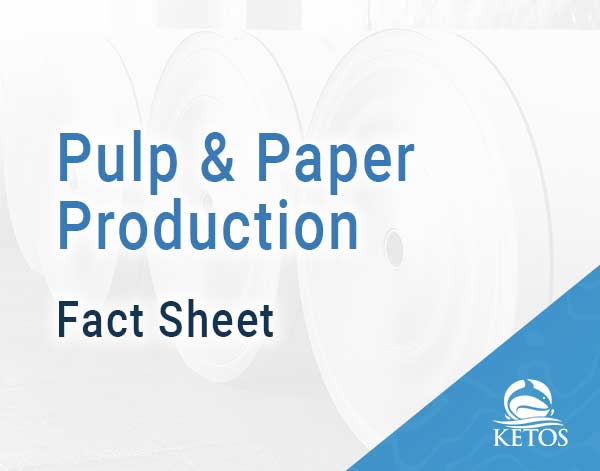
Pulp and paper manufacturing processes require a substantial supply of water. In the US, pulp and paper mills typically require 17,000 gallons of water for the manufacture of one ton of paper. However, it is possible to minimize water usage, and mills are seeking ways to evaluate their water usage to help reduce water consumption while maintaining water quality. Of course, water quantity is just one aspect of use in pulp and paper manufacturing.
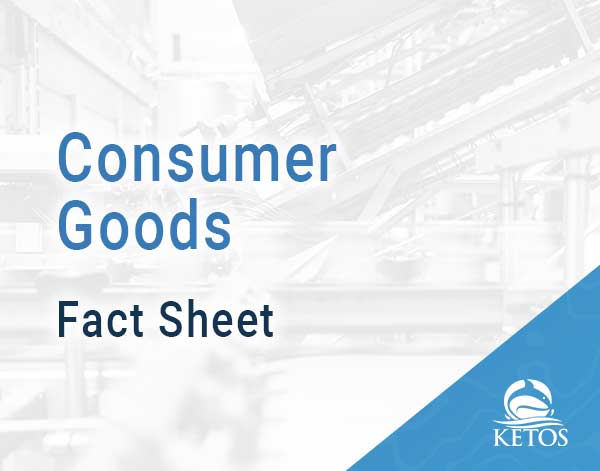
Consumer goods cover a wide array of products. However, every product requires water at various points in the manufacturing process. While water is necessary for existing infrastructure to manage the manufacturing process, process water must be remediated appropriately before returning to the environment or local municipal supplies. Therefore, water operators in the consumer goods sector must closely manage water quality and usage.
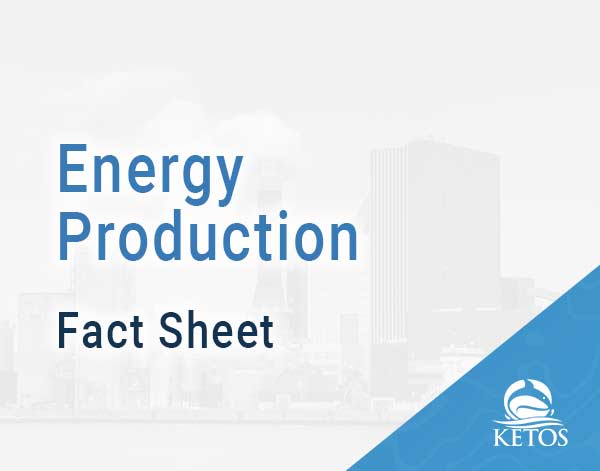
Energy production of all kinds rely on water in large quantities. Since water and energy are closely linked, water pollution surrounding power plants can be a genuine concern for communities. Typically, power plants are located near reliable water sources (such as rivers) to ensure they have a ready supply for their energy needs.
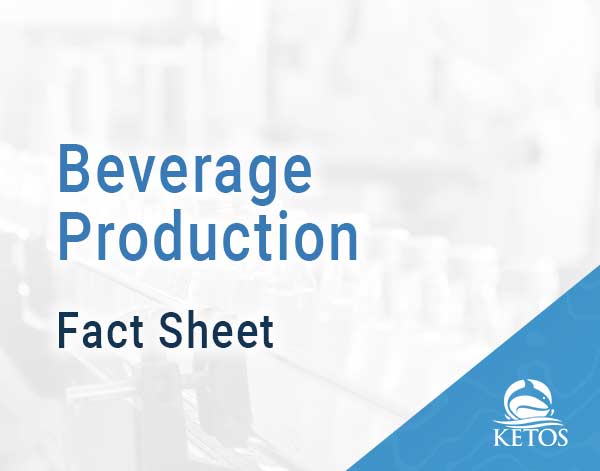
Beverage production is a very water-reliant process. Water quality plays a significant role in delivering beverages that taste great and have a longer shelf life. Therefore, water operators in the beverage industry need a solution that can help them monitor and manage the consistency and composition of the water used in their production processes.
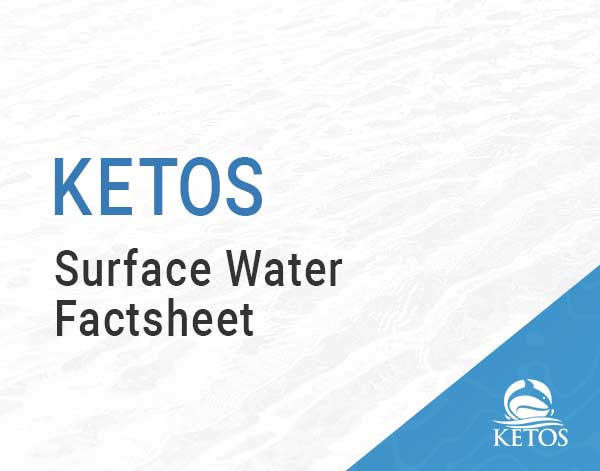
Surface water availability and quality are critical concerns in various industries, including agriculture, municipal, and a host of industrial applications.
Subscribe to our newsletter to stay updated with the latest water insights.
"*" indicates required fields
Copyright © All rights reserved.